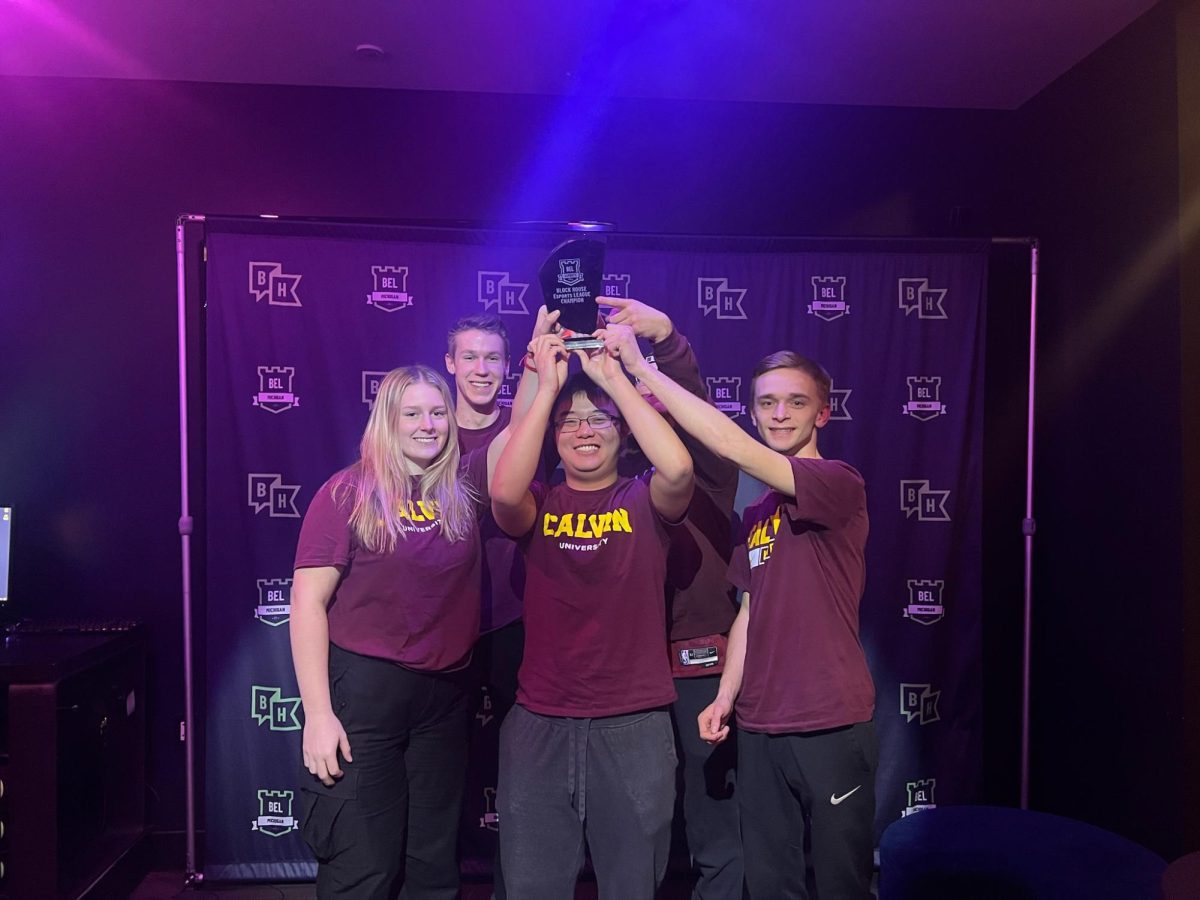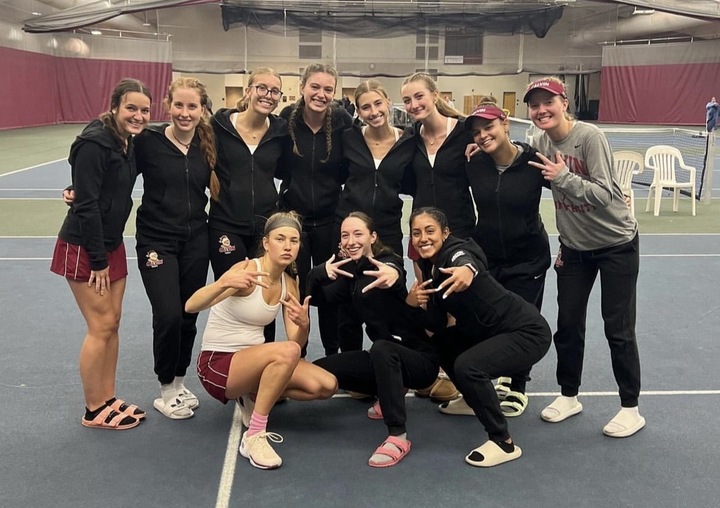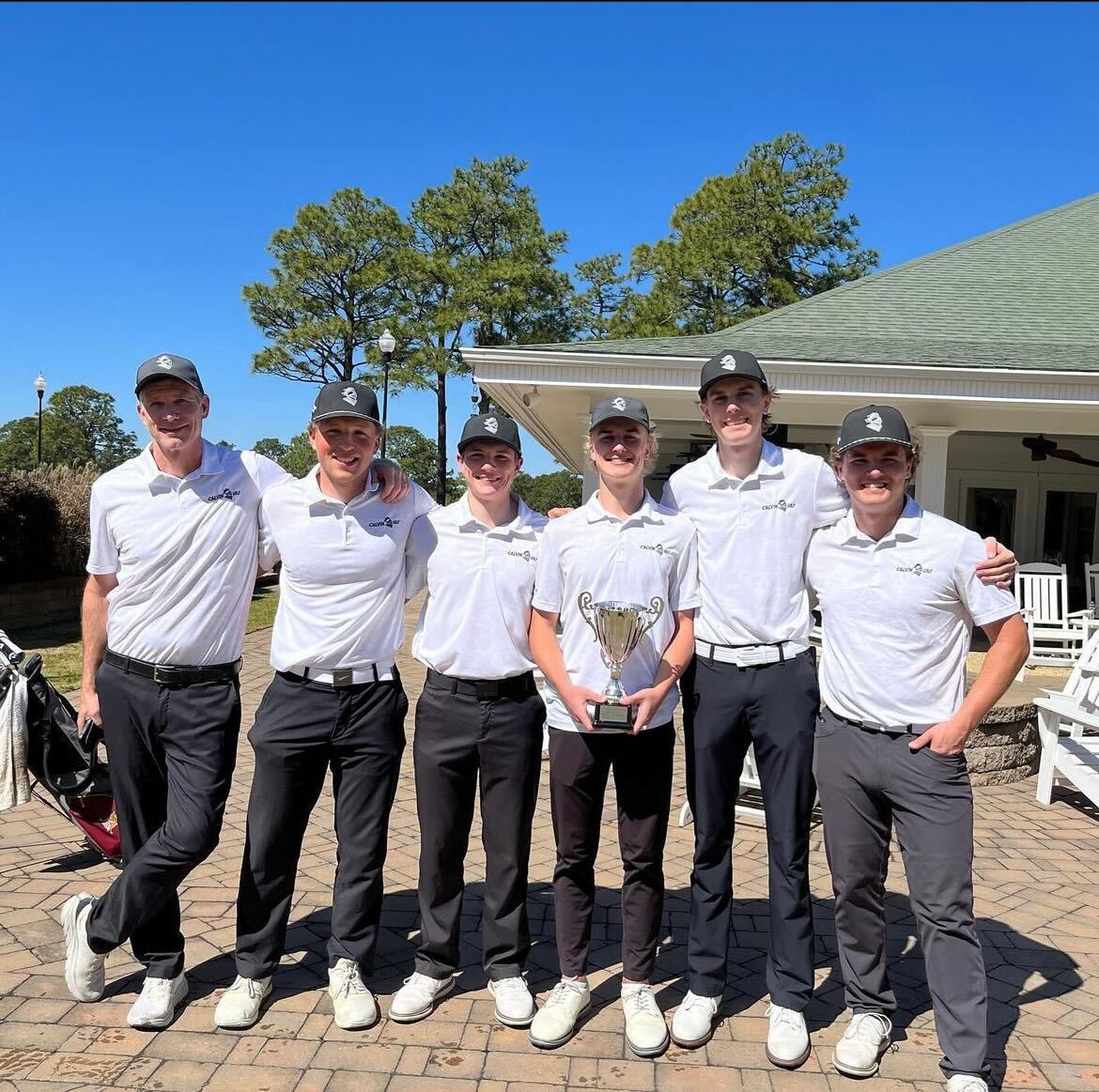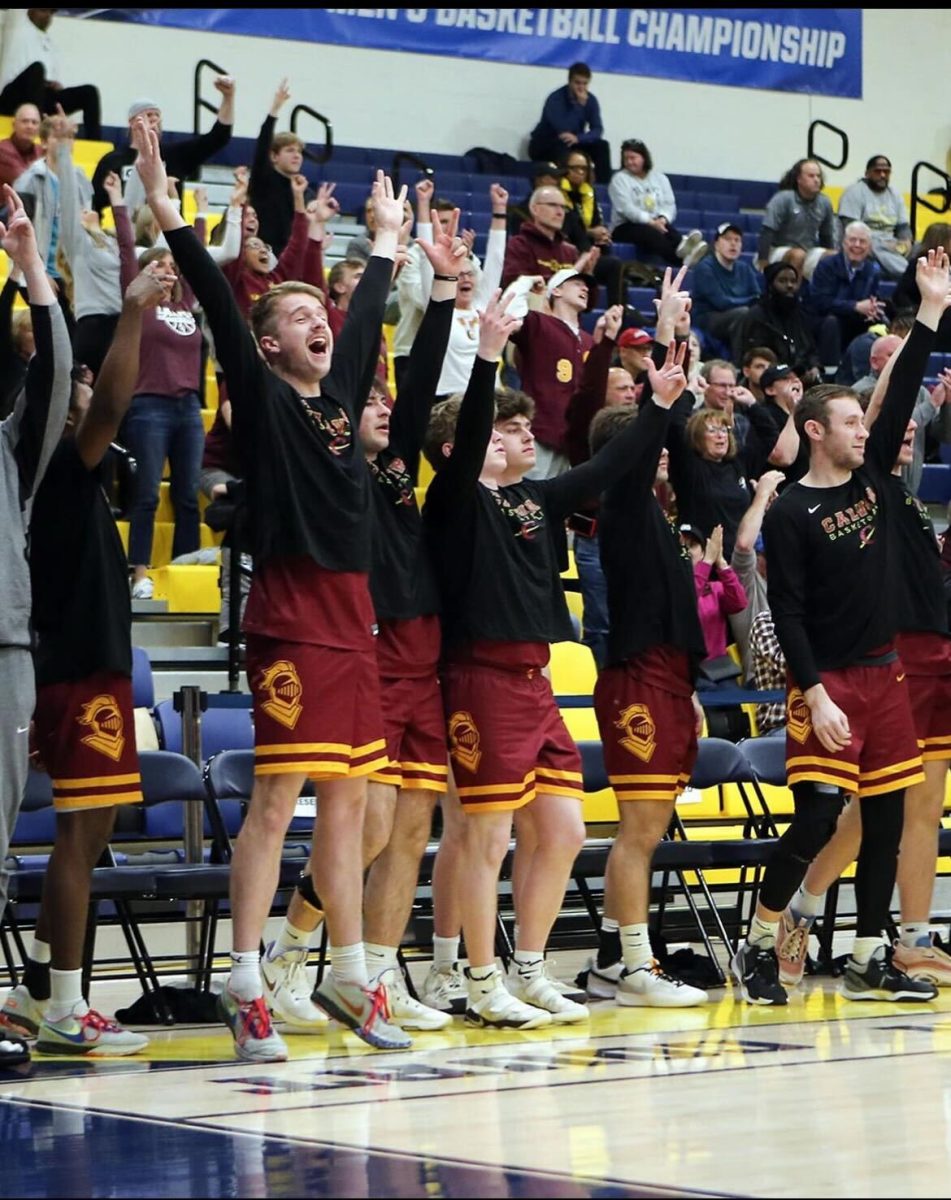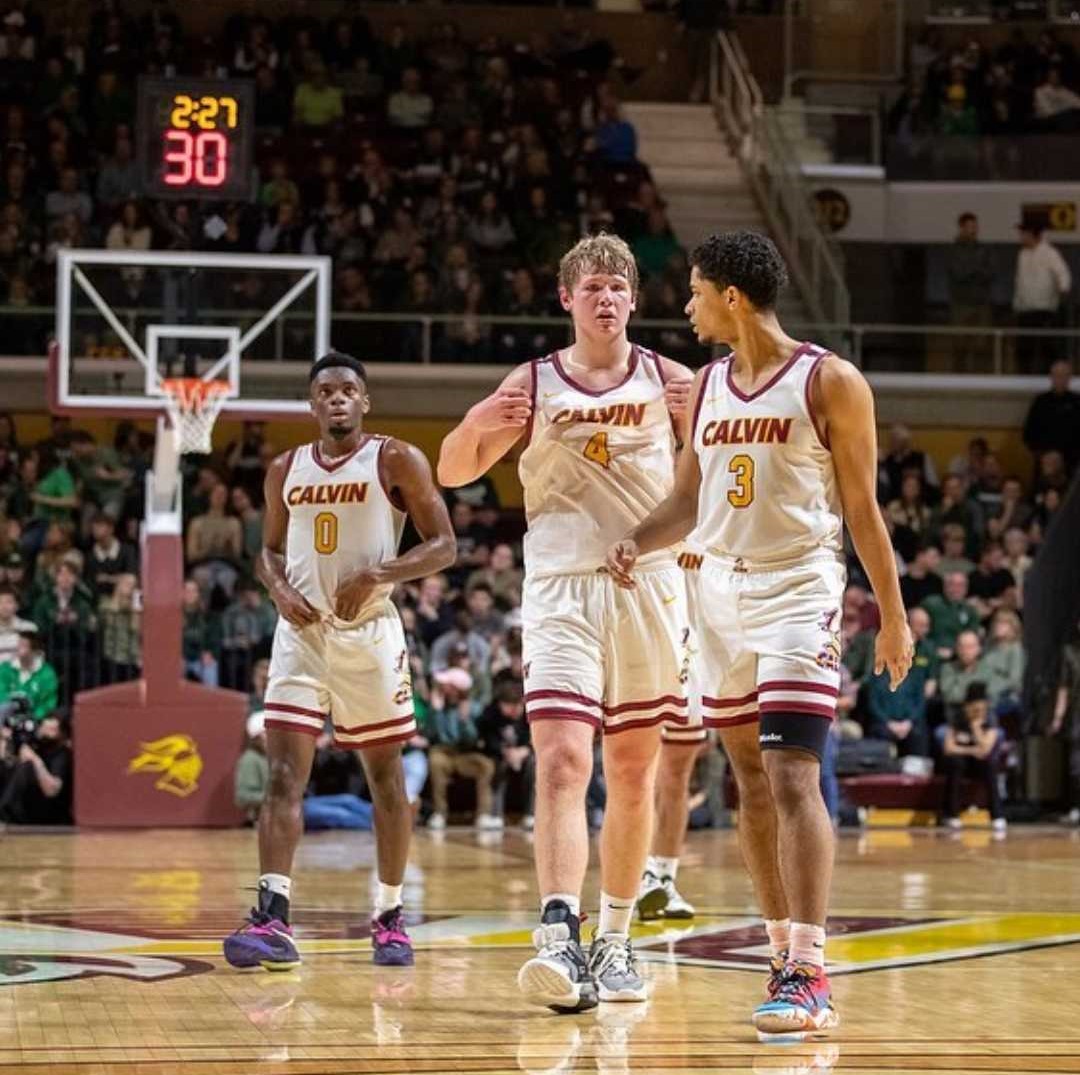Here are a couple extremely straightforward facts about professional sports.
1. The goal of every team is to win the championship.
2. Only one team can win the championship.
So about 30 teams every year fall short of their goal, and go excruciatingly long stretches without ever reaching the goal (cue Cubs fans nodding vigorously). Fans are forced to take alternate “successes” and be satisfied with them. A playoff berth, a winning season, an All-Star or Pro Bowl appearance from a budding young star. But really, nothing truly satisfies a sports fan until they can see their favorite player lift that championship trophy above their head.
Examining myself as a Detroit sports fan, it’s sad to me that I’ve never truly appreciated a championship. I was too young for the 2002 Red Wings or the 2004 Pistons, and I took the 2008 Red Wings for granted because I knew they were really, really good.
The next time one of my favorite teams wins a championship, I want to appreciate how many things had to go right, how many incredible things had to happen. I want to become cognizant about how the odds were stacked against them but they got it done anyway.
With that in mind, let’s rank the four Detroit sports franchises from least to most likely to win a championship in the near future.
4. Pistons
What they’re doing right:
They have Andre Drummond. Still just 20 years young, Drummond is already one of the best big men in the league, at least in regards to the things he does well. He’s an unbelievable blend of size and athleticism, crashes the offensive glass better than anyone in the league and has major potential as a paint anchor/rim protector/defensive rebounder. Perhaps the only other big men in the league who can claim to do all those three things are Dwight Howard, Marc Gasol, Joakim Noah and Roy Hibbert.
He’s not there yet — he’s still learning how to rotate on defense and his footwork needs work. But if he does get there (and he has time), the Pistons will have a legitimate franchise cornerstone, something very few other teams can claim.
Also, they have a deceptive amount of cap space. This is the long-awaited summer that Charlie Villanueva and Rodney Stuckey’s contracts expire, so spending money abounds. It’s not like the Pistons will ever lure a true star with this money, but they can add an extra piece or eat an unattractive contract to gather draft picks. These kind of deals don’t happen very often anymore, but I would not hesitate to eat Gerald Wallace’s or Joe Johnson’s contract right now for draft picks. The fact they have that power is one of the few things they have going for them.
What they’re doing wrong:
They willingly put themselves through four years and $50+ million of Josh Smith and his shot selection. They thought handing the keys to an offense with problematic spacing to Brandon Jennings was a good idea. They thought Mo Cheeks was the right guy to lead this group. I could go on. Most ludicrously, they thought it was important to make all these moves the same year they owe a top-eight protected pick to Charlotte in what is also the best draft since 2007. If they end up giving the No. 9 pick or something to Charlotte, that’s just a disastrous way to end a disastrous season.
The thing that has held the Pistons back the most over the past eight years, though, has been terrible use of their cap space and a couple bad trades. It’s widely assumed around the NBA that GM Joe Dumars still has a job only because of his incredible run of moves leading up to Detroit’s 2004 title. I believe it, because he surely hasn’t done anything worthy of praise since. You just can’t give this guy any cap space. It’s hard for me to imagine Dumars leading this team back to championship relevance when it’s been 10 years since he’s done anything that looks good.
What is the road to a championship?
I can’t see a way they get anywhere near an NBA finals without another tearing-down involved. Smith and Jennings are not the pieces they thought, so it looks like the Pistons will have to continue their pseudo-rebuilding for at least a couple more years.
As a general rule, the Pistons have drafted well, getting productive NBA players in three of the last four drafts. So I like the idea of the Pistons letting their expiring contracts expire, not re-signing Greg Monroe and using their cap space to eat a couple bad contracts from other teams and get some draft picks in return. Then you build around Drummond.
The problem with building around Drummond is that it pretty much necessitates having shooting all around the perimeter (like Dwight Howard’s Orlando teams) or an elite guard to run the triangle offense with (Shaq/Kobe and Kobe/Gasol teams). The Pistons are a long way away from having either of those things, instead having players that take bad shots and screw up their spacing signed to long-term contracts. So it’s safe to assume they are veritable light years away from a championship.
3. Lions
What they’re doing right:
The roster is really talented. There are elite players on the defensive and offensive lines, in the backfield and at linebacker and wide receiver. The offense is helmed by a super-talented quarterback who was the first pick in the NFL draft and has thrown for over 5,000 yards in two seasons. They have certainly shown flashes of being a team that has what it takes to make a deep playoff run. They have great pieces on offense, and I cannot believe how underrated their defense has been. The team dropped their last four games of the year, but in the last three of them, the Lions didn’t give up more than 20 points in regulation. The defense isn’t that bad!
What they’re doing wrong:
Aside from being cursed (please, humor me and tell me the Lions aren’t cursed), there’s still a lot this team has to work on. Their two big needs — the secondary and receiving core — will not be solved via a simple signing or draft pick.
Perhaps more importantly, the Lions also have a remarkable (and remarkably well-documented) ability to shoot themselves in the foot, evidenced by somehow letting the NFC North slip through their grasp after being clearly in the driver’s seat all season. The bad luck they experienced during this stretch is something that tends to fluctuate from year-to-year. Luck-based metrics can’t be against you forever (look at the 2013 Chiefs as a shining example), you can’t lose every close game and it’s safe to say there will be some regression back to the mean in 2014.
But it should be evident to anyone who has watched them that they don’t carry the kind of professionalism and winning culture that a top NFL team has. Fans can hope the Jim Caldwell hire helps with this, but there is reason for skepticism.
What is the road to a championship?
The closest evaluation I have is they are a playoff-caliber team that is still a major step or two away from being a legitimate championship contender. So how do they get to the next level? There’s no fail-safe option, but I’m fairly certain the Lions are trying to be good right here, right now and not trying to build for the future. Because of this, I think the team’s top priority should be finding players in the receiving core and secondary who could help them right away (they’ve already helped this a lot by signing Golden Tate). With a couple pieces and luck on their side, a deep playoff run is possible.
Several years down the road, I honestly have no idea where the Lions will be. A lot can change in the NFL over one year (again, look at the Chiefs, or Texans if you want a counterexample), let alone five. Stafford’s only 26 and still has time to develop, so my gut says that if he’s an elite quarterback a few years down the road, the Lions will be a very good team. If he’s not, the picture is not nearly as rosy, and Lions fans who saw Stafford’s play nearing the end of the season have reason to be nervous about that.
2. Red Wings
What they’re doing right:
Obviously a lot of things, as they have 22 consecutive playoff appearances and bring essentially the same team back that went up three games to one on the eventual Stanley Cup champions last year. Their team combines some of the most skilled, experienced two-way players in the league with promising youngsters, good depth and a solid goalie. They have done all this largely without the benefit of high draft picks.
Mike Babcock is one of the most respected coaches in the league and just won his second gold medal. Even after a stretch where the Wings had nine players injured and were forced to play their AHL-on-steroids team for a couple weeks, they remain in the playoff picture. All in all, they are a model franchise in the NHL.
What they’re doing wrong:
Simply put, the end may be near. The team as a whole is extremely injury-prone, and without Zetterberg and/or Datsyuk they have proved to be a middling team. Speaking of Zetterberg and Datsyuk, they are 33 and 35, so while they’ve got a few good years left, their best years are likely behind them. Johan Franzen is 34, injury-prone, inconsistent and tied to an expensive contract that extends through 2020 and is one of the worst in the league. The young players are showing flashes of greatness, but they haven’t given much confidence that they can fill Zetterberg’s and Datsyuk’s shoes.
The Wings also botched last off-season, and that is one of the reasons they’re struggling against the (admittedly high) expectations. They gave up Valterri Filpulla and Damien Brunner for (effective, but 41-year-old and nicked up) Daniel Alfredsson and Stephen Weiss. With the new salary cap and an overall downgrade in talent, the Wings are likely not good enough anymore to make blunders like that and still be a surefire championship contender.
What is the road to a championship?
Right now, it’s getting healthy. A healthy Wings team is still a threat to go deep in the playoffs, as evidenced by taking down Anaheim and nearly taking down Chicago last year. They’re not a championship favorite by any means, but nobody would deny that if the pieces came together just right, it could maybe, just maybe, happen. Right now, that’s probably good enough for Wings fans.
A few years from now, the picture gets a little blurrier. It looks like the team’s major building blocks are Tomas Tatar, Gustav Nyquist and Danny DeKeyser. But regardless of who the so-called cornerstones are, fans of the team have reason to believe that as long as the two Mikes (Ilitch and Babcock) are at the helm, the Wings will not fade into obscurity. No matter how you look at it, it’s going to be a long time before we see another juggernaut like 2002 or 2008.
1. Tigers
What they’re doing right:
They’ve put together one of the best teams in baseball. Their starting pitching rotation is one of the very best in baseball (Verlander-Scherzer-Sanchez is probably the best top three out there). And it’s not like their hitting sucks either — even after trading Prince Fielder the Tigers’ batting order will still look something like Austin Jackson-Torii Hunter-Miguel Cabrera-Victor Martinez-Ian Kinsler. They improved their defense and bullpen, and have much more speed than they had last year. The Tigers will be firmly entrenched in the championship picture for another year.
What they’re doing wrong:
I’m not complaining about much. They made a couple questionable moves this off-season, most notably getting rid of Doug Fister for not much in return. The Prince Fielder trade, although it benefited the team in some ways, also leaves them with only one player who is a lock to hit 20 home runs. Although they did, like I said, improve their bullpen, they also did it by spending $20 million over two years on a 39-year-old closer. This isn’t exactly a move that “Moneyball” scholars would approve of, as paying a closer that much never represents the best value you can get for your money. The position doesn’t matter enough. But as I’ll explain later, as long as the Tigers seem willing to spend a lot, the salary hit doesn’t really hurt them that much.
Essentially, I think the front office has earned the trust of its fan base. They hijacked Cabrera and Sanchez from the Marlins, Scherzer from the Diamondbacks and Fister from the Mariners, and have built an elite team without much support from the farm system. Can we assume they know what they’re doing?
What is the road to a championship?
Right now, you’re looking at it. The Tigers aren’t missing any of the elements considered prerequisite for championship contention. So it will come down to going into the playoffs hot, getting timely hits and getting lucky. Looking down the road, the Tigers have a couple contracts that won’t look too pretty in five years — namely Justin Verlander’s and the extension they will likely give Max Scherzer — but they escaped (at a price, of course) from a lot of those potential horrors when they traded Fielder.
The most important thing about evaluating the Tigers’ championship hopes in 2020 is the Tigers are one of the “haves” in the MLB, not a “have-not.” They they have a general manager and owner that are willing to put a great product on the field, even if it means having a $200 million payroll.
It’s hard to spend that much money in the league and be bad, unless you’re exhausting a lot of that money on A-Rod, Ryan Howard, the Pujols/Hamilton duo or something similar. There are a couple small-market teams that manage to be good every year, but almost without exception the big-market teams are good.
With such a disparity between the payrolls of the small-market teams and the big-market teams (some teams’ payrolls are as much as 10 times as large as others’), you pretty much have to spend to win, and the Tigers are willing to do that. It takes a lot of pressure off the team, as they no longer have to hit home runs in the draft or get big production from their prospects in order to win (and run the risk of those prospects jumping ship as soon as they get the chance). The same things that destroy the Pistons have elevated the Tigers to the pantheon of their sport, and as long as they spend away without acquiring an albatross contract, they should stay there.



